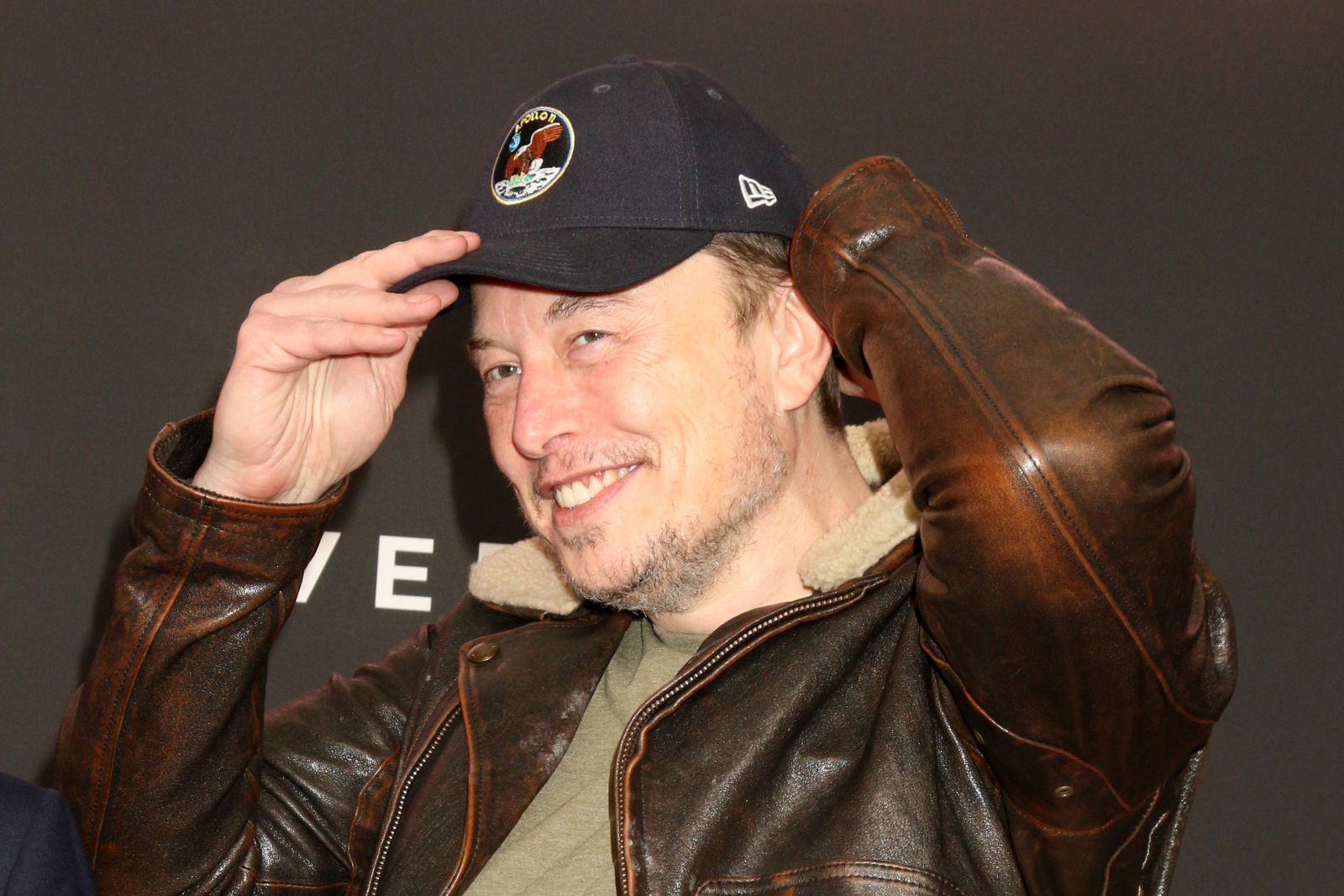Elon Musk Warns ‘The Government is Basically Unfixable’ Says He Hasn’t ‘Been to D.C. Since May’

Elon Musk, the billionaire entrepreneur behind Tesla (TSLA), SpaceX, and several other ventures, has become as well-known for his unfiltered public commentary, as well as for his technological achievements. Speaking during the All-In Podcast Summit on September 9, Musk remarked, “The government is basically unfixable.” The statement came in response to a question about his time engaging with Washington, D.C., which he described as a “side quest” he had since left behind. Notably, the billionaire tech mogul confirmed he has largely departed the Trump administration, remarking, “I haven't been to D.C. since May.”
Context of the Remark
Musk’s comment followed a light exchange with podcast host Jason Calacanis, who asked whether Musk had learned anything from spending time in Washington. Musk’s dismissal of the experience underscores a broader view he has expressed over the years: a deep skepticism toward entrenched bureaucracy and government efficiency. The remark did not come in the context of partisan politics, but rather as a sweeping critique of structural inertia in government institutions.
This outlook is consistent with Musk’s general approach to problem-solving. Known for tackling industries burdened by inefficiency — such as automobiles, energy, and space exploration — Musk has repeatedly argued that innovation is best achieved outside traditional systems. His observation about government reflects a belief that public institutions, constrained by regulation, lobbying, and political compromise, are inherently resistant to rapid change.
Why Musk’s Perspective Resonates
Musk’s view carries weight not only because of his prominence but also because of his history of bypassing established frameworks to drive innovation. SpaceX, for example, succeeded in dramatically lowering launch costs while NASA’s traditional procurement processes were often criticized as slow and expensive. Similarly, Tesla pushed the automotive industry toward electrification at a pace that many regulators and legacy automakers had failed to anticipate.
By framing government as “unfixable,” Musk is not merely venting frustration but aligning with his broader philosophy: when institutions stagnate, private enterprise can create momentum. His ventures often highlight how technological disruption can outpace public policy, sometimes forcing governments to adapt only after change is well underway.
Timeless Relevance to Markets and Institutions
The statement also connects to long-running debates about the role of government in fostering — or impeding — innovation. Markets often move faster than regulatory frameworks, particularly in areas such as artificial intelligence, renewable energy, and space exploration. Investors and business leaders frequently wrestle with the balance between oversight and flexibility, knowing that too much bureaucracy can stifle growth, while too little can create instability.
In this sense, Musk’s comment is not just a reflection of personal frustration but a reminder of the ongoing tension between innovation and governance. For entrepreneurs, policymakers, and market participants alike, the challenge remains how to navigate systems that may never be fully “fixed” but still wield enormous influence over industries and economies.
Musk’s words crystallize a sentiment that has echoed throughout modern business history: that transformative progress often comes from outside established institutions, and that government reform, however necessary, is a slow and uncertain endeavor.
On the date of publication, Caleb Naysmith did not have (either directly or indirectly) positions in any of the securities mentioned in this article. All information and data in this article is solely for informational purposes. For more information please view the Barchart Disclosure Policy here.